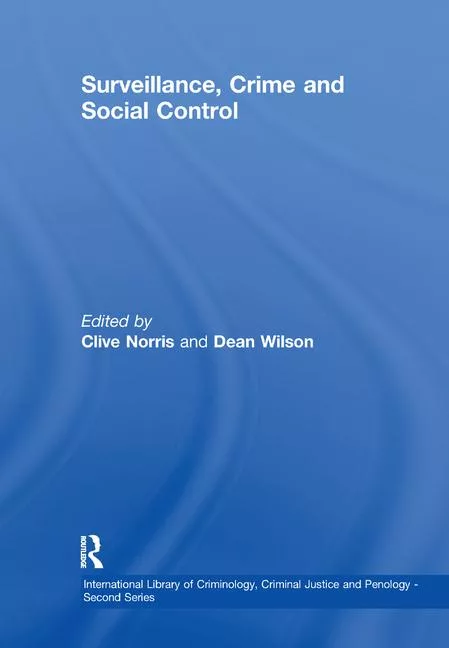10 Training Tips for Crime Prevention on Campus
Security officers must always be prepared and well equipped to handle an emergency, such as a shooting or violent incident on campus. Security staff must be trained to respond effectively, to evacuate affected areas and to notify staff and local authorities.
In some people's minds, these responses to an active shooter scenario or other high-profile event might define the role of campus security, but the reality suggests a much bigger picture. The fact is, there are times when such events do not happen because of the ongoing prevention and intervention efforts of security officers. These non-events don't make headlines, but they are also reflective of the day-to-day role of security in the campus environment.
Campus security neither begins nor ends with an active shooter scenario, but operates continuously to ensure the safety of students, faculty and staff throughout a campus. The role of security officers extends well beyond providing a fast and effective response in case of a violent episode. Before a shooting occurs, and even if an incident never occurs, security officers are actively involved in detection and intervention to prevent such events.
Let's look at some ways security officers can add value to the campus setting as they work every day to promote security and safety and to prevent violent incidents:
- Be attentive. Reports from students and staff might point to a potential problem, but these reports are only useful if security officers pay attention and act appropriately. If an officer hears someone is “acting strange,” it is important to follow up and respond.
- Document all incidents. Security reports provide a tool to help identify potential problems and to enable possible intervention before a tragedy occurs. Security officers should pay special attention to submitting reports of inappropriate activity or concerning student behavior.
- Stay aware. Events can take place across multiple campus departments, and security is in a good position to put all the information pieces together. Often troubled individuals will exhibit their intent before they act, in small actions often occurring across campus.
- Educate yourself about options. There are resources available on most campuses that can intervene when students are in crisis. Use them. Many schools have a Behavior Intervention Team (BIT) or a Crisis Intervention Team (CIT) to provide counseling, guidance and resources to students in crisis.
- Build relationships. Security officers should build relationships and encourage students, faculty and staff to come forward if something questionable occurs. Furthering the mission of community policing depends on cooperation and communication between campus police and security officers and those they are tasked with protecting. Building relationships with clients promotes good community policing.
- Make a report. Security officers should follow up and advise the college or local law enforcement if they discover a registered sex offender on the campus, especially if the individual has not notified the college of his or her sex offender status.
- Cultivate a connection.Students and staff should feel connected to campus security officers and trust that anything they tell an officer will be taken seriously and not dismissed or ignored. As part of this connection, officers should communicate that the department takes safety and security seriously.
- Establish a reputation of professionalism.Officers should always look for opportunities to build and reinforce a campus-wide image of professionalism. They should always exhibit professional behavior that emphasizes safety above all else and that represents the department well.
- Prioritize training.Security officers must understand their role throughout the security spectrum. Officers should be instructed on best practices, with careful attention to detail. Details matter in all security and law enforcement practices, and tripping up on little things can lead to big problems. Training should also involve role play and/or field training.
- Develop a program. Detection and intervention are the core values of a safety and security program and should guide development of all program elements.
A popular bumper sticker says “If you can read this, thank a teacher.” With today's campus environment plagued by a variety of security and safety challenges, and occasionally disrupted by a violent incident, a parallel sentiment about campus safety would read: “If you're safe and secure, thank a security officer.”
Looking for a reprint of this article?
From high-res PDFs to custom plaques, order your copy today!







